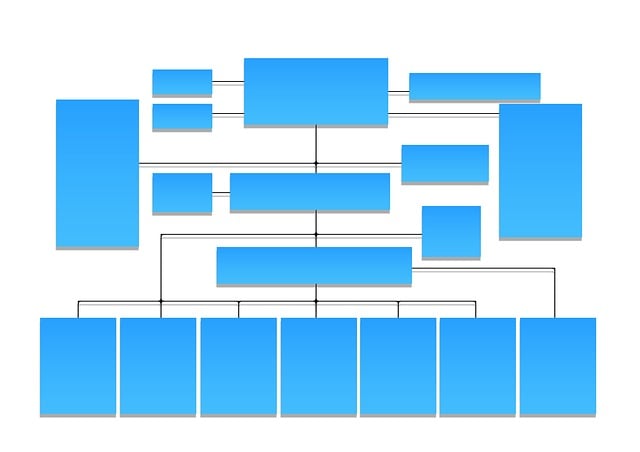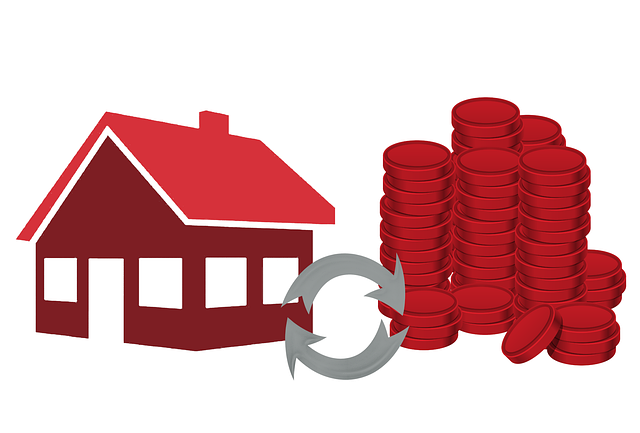Lease agreements are crucial in real estate, defining rights and duties of landlords and tenants. Key components include rental rates, duration, payment terms, and maintenance. Landlords should understand clauses on late fees, eviction, and inspection. Agreements also restrict tenant activities like pet policies, subletting, and modifications. Effective rent collection strategies using clear agreements, communication, and digital platforms reduce missed payments, enhancing convenience for landlords and maintaining positive relationships with tenants.
In the dynamic realm of real estate, effectively managing lease agreements and rent collection is paramount for both owners and tenants. This comprehensive guide navigates the intricate tapestry of lease provisions, offering practical strategies for successful rent collection. From understanding key terms to enforcing legal rights, we equip real estate professionals with essential tools to foster robust and fair rental relationships.
Understanding Lease Agreements: Key Provisions and Terms

Lease agreements are a cornerstone of real estate transactions, setting out the rights and responsibilities of both landlords and tenants. Understanding these documents is crucial for effective property management. Key provisions include rental rates, duration of tenancy, payment terms, and maintenance obligations. Landlords must be familiar with clauses related to late fees, eviction procedures, and inspection schedules.
These agreements also outline restrictions on tenant activities, such as pet policies, subletting rules, and modifications to the property. Knowing these terms ensures that both parties are held accountable, fostering a harmonious relationship in the real estate sector.
Effective Rent Collection Strategies for Real Estate Owners

For real estate owners, implementing effective rent collection strategies is paramount to ensuring financial stability and maintaining a healthy property portfolio. One key approach is establishing clear and comprehensive lease agreements that outline expected payment terms, late fees, and potential consequences for non-compliance. Regular communication with tenants, including friendly reminders and transparent updates, can significantly reduce the risk of missed payments.
Additionally, automating rent collection through digital payment platforms not only streamlines the process but also enhances convenience for both landlords and tenants. Implementing robust tracking systems allows real estate owners to monitor payment histories, identify recurring issues, and promptly address any discrepancies. By combining clear communication, modern technology, and meticulous record-keeping, real estate professionals can optimize rent collection while fostering positive relationships with their tenants.
Legal Enforcement of Lease Terms: Rights and Responsibilities

In the real estate realm, lease agreements are a cornerstone of property management, defining the rights and responsibilities of both landlords and tenants. When it comes to collecting rent and enforcing lease terms, understanding one’s legal standing is paramount. Landlords have the authority to ensure tenants uphold their end of the bargain, including timely rent payments and adherence to specified conditions. This involves clear communication and documentation, such as sending official notices for late or missed payments, which can be backed by legal action if necessary.
However, it’s not just about collecting rent; landlords must also respect tenant rights. They are obligated to provide a safe and habitable living environment, maintain privacy, and adhere to fair housing laws. Enforcing lease agreements is a delicate balance between upholding the terms and respecting these fundamental rights, ensuring a harmonious relationship that benefits both parties in the long run.






